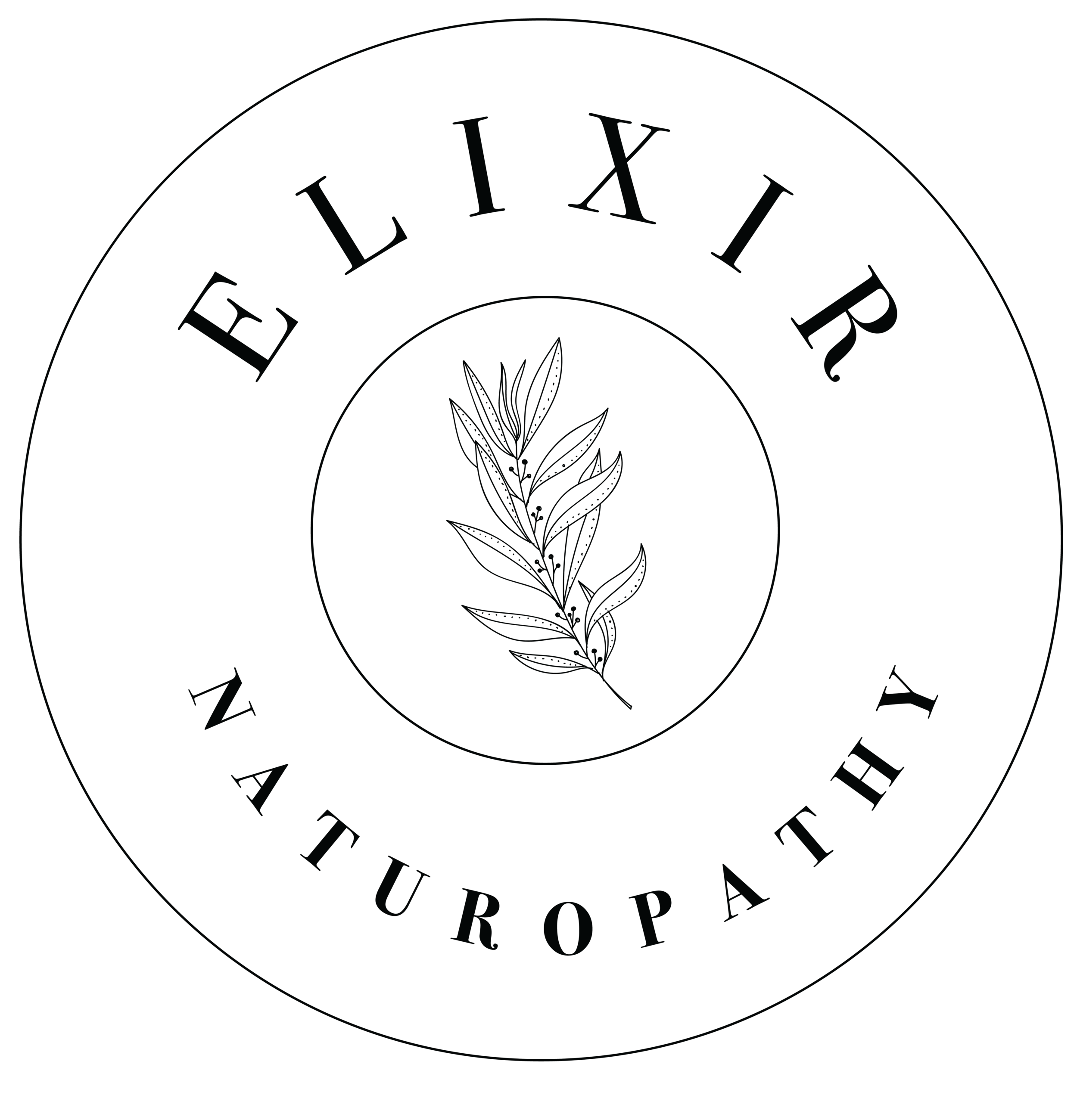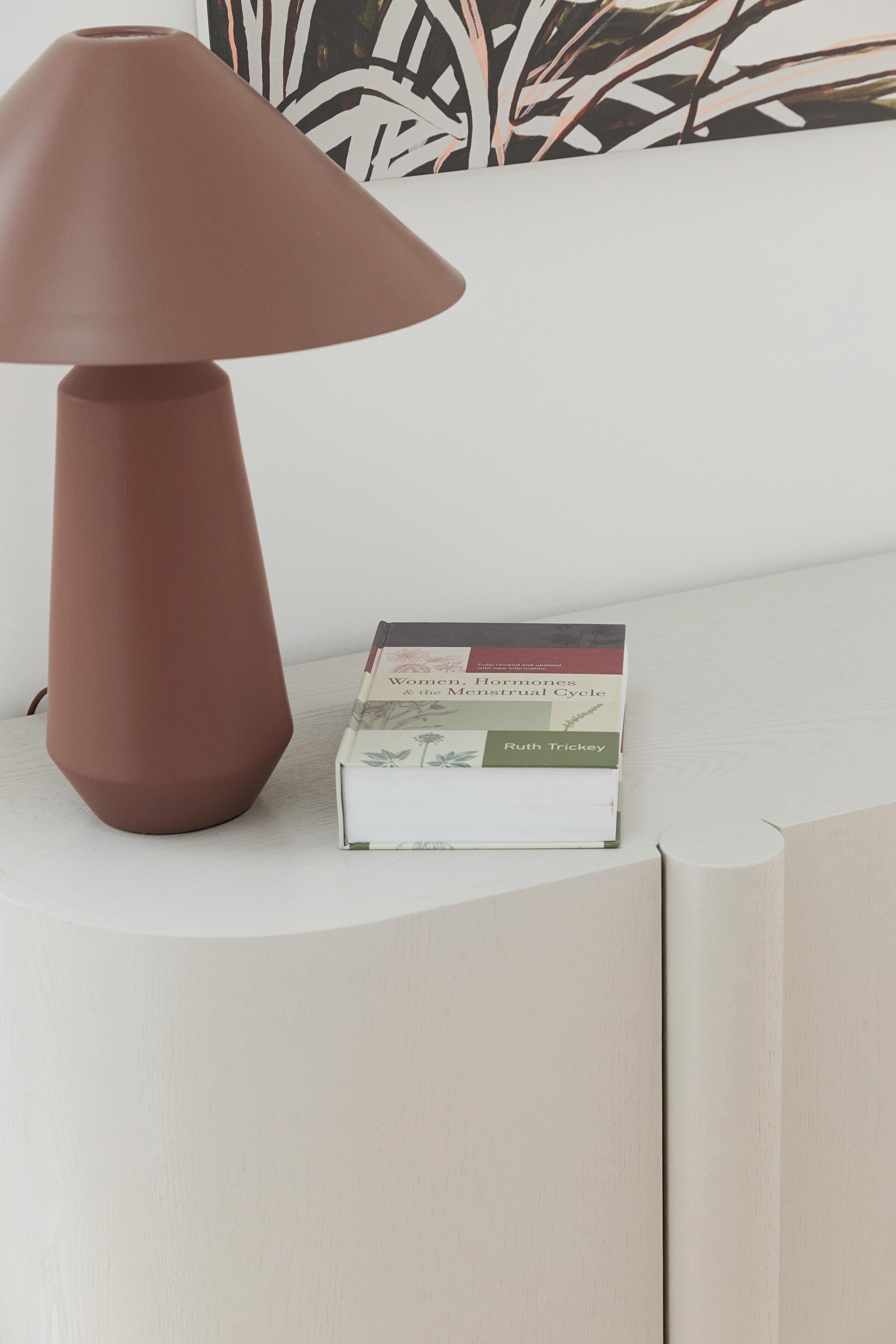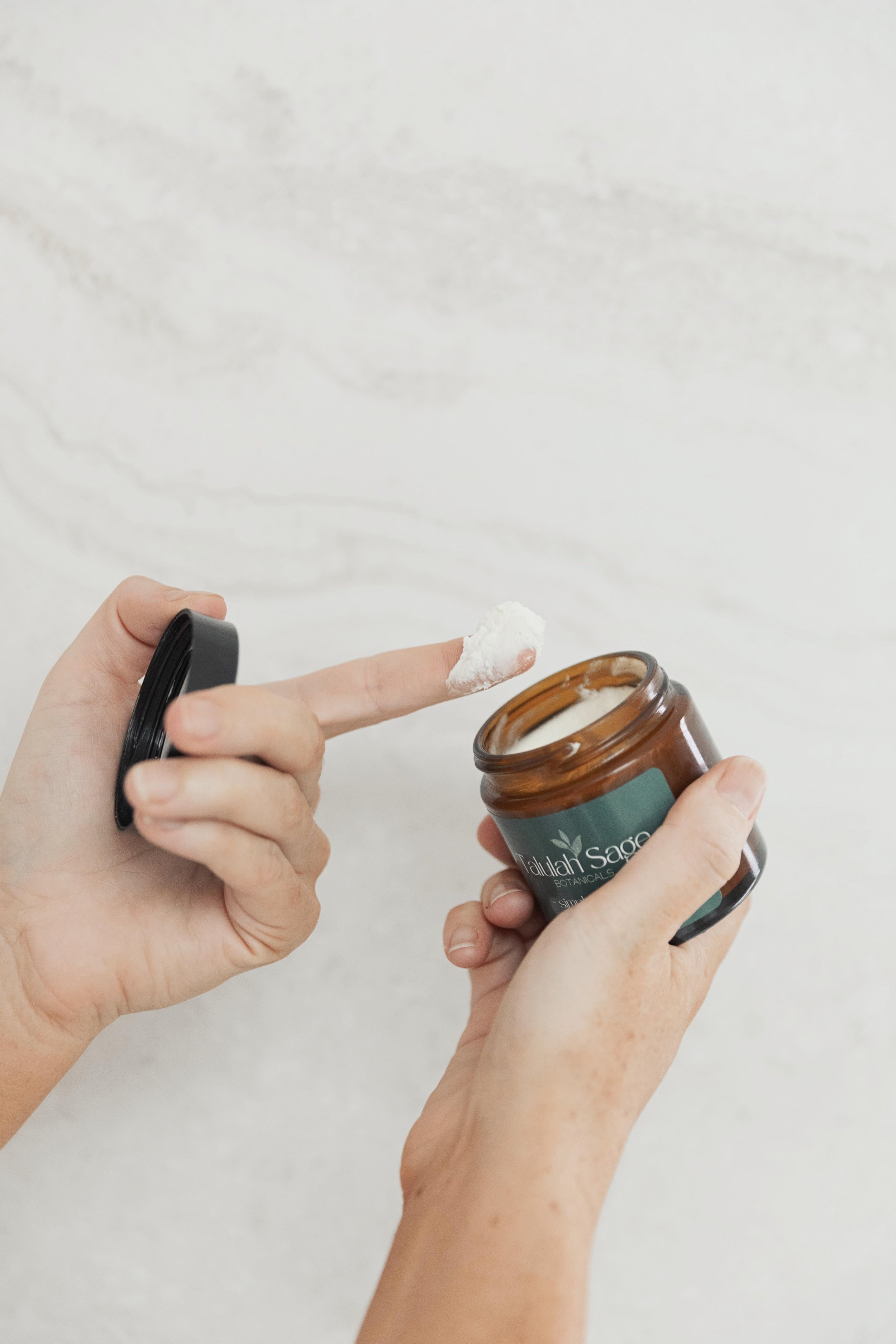Thyroid Health
Have you noticed your hair is thinning or coming out in clumps? Are you gaining or losing weight with no explainable reason? Are you sensitive to cold temperatures? Are you always tired despite getting a full nights sleep?
Do you have heavy painful periods? Do you find yourself getting anxious or having panic attacks? Is your skin dry and flakey? Have you been diagnosed with a thyroid condition including hypothyroidism, Hashimoto’s, hyperthyroidism or Graves disease?
Why is the thyroid important?
The thyroid is a small butterfly shaped gland located at the front of the neck below the voice box. Its role, when functioning properly, is to uptake iodine and other important nutrients from the diet to produce thyroid hormones. These hormones are then transported throughout the body to be utilised by all cells and tissues. Triiodothyronine or T3 is the active thyroid hormone used by these cells and tissues and is responsible for regulating growth, body temperature, energy production, metabolic rate and reproductive function.
Your thyroid is part of the endocrine system and controlled by the hypothalamus & pituitary glands located in the brain. When the thyroid produces insufficient thyroid hormone this is called hypothyroidism. If too much hormone is produced, this is called hyperthyroidism. When there is immune involvement then low thyroid function is known as Hashimoto’s and overactive is Graves disease.
Iodine deficiency is the most common worldwide cause of thyroid disorders with 50% of children and pregnant women in Australia shown to be iodine deficient. Iodine was once part of bread fortification and sterilisation in dairy farming. However these days iodine has been replaced with chemicals like bromine which has its own implications on the thyroid.
The exact cause of autoimmune thyroid diseases (Hashimoto’s & Graves Disease) is unknown, however there is research to suggest that viral infection, nutrient deficiencies, environmental toxin exposures and genetics all play a role. What’s interesting is that thyroid conditions are more likely to occur in women than men, and often occur at stages of hormonal change such as the onset of puberty, during or post pregnancy and peri menopause. This is due to the role oestrogen plays in T cell mediated immunity.
Signs the thyroid may not performing as it should include:
Fatigue | Unexplained weight gain or loss | Sensitivity to hot or cold temperatures | Hair loss | Weakness | Digestive symptoms such as IBS, abdominal pain, bloating, gas, constipation or diarrhoea | Poor appetite or never feeling satiated | Thyroid nodules or goitre | Dry, rough skin | Anxiety and/or depression | Heart palpitations | Swelling of the eyes and/or face | Memory loss | Slow thinking and mental activity | Irregular or heavy periods | High cholesterol | Other autoimmune disease
How can Naturopathy help?
Naturopathic support for thyroid conditions is centred on treating the whole person. It’s about managing symptoms, supporting the immune system, ensuring digestion is working optimally, avoiding trigger foods and optimising nutrition, reducing stress, addressing nutrient deficiencies, removing environmental toxins and supporting any additional health conditions.
Naturopathy and Nutrition are wonderful adjuncts to mainstream medical interventions for thyroid disease management. In conjunction with being a degree qualified Naturopath, Melissa is also a certified Autoimmune Paleo coach. This additional certification has allowed Melissa to support her autoimmune clients in being able to reduce their requirement for medications and in some cases maintain periods of disease remission.
There is now a growing body of research for many of the natural approaches that can be used to support thyroid health. And as Naturopathy and other complimentary therapies become more popular, this research continues to expand. However it is important to always seek the advice of a qualified practitioner before starting any intervention.
If you suspect you may have a thyroid condition or would like assistance in managing your condition book an appointment by calling 0400 770 322 or Book Online








